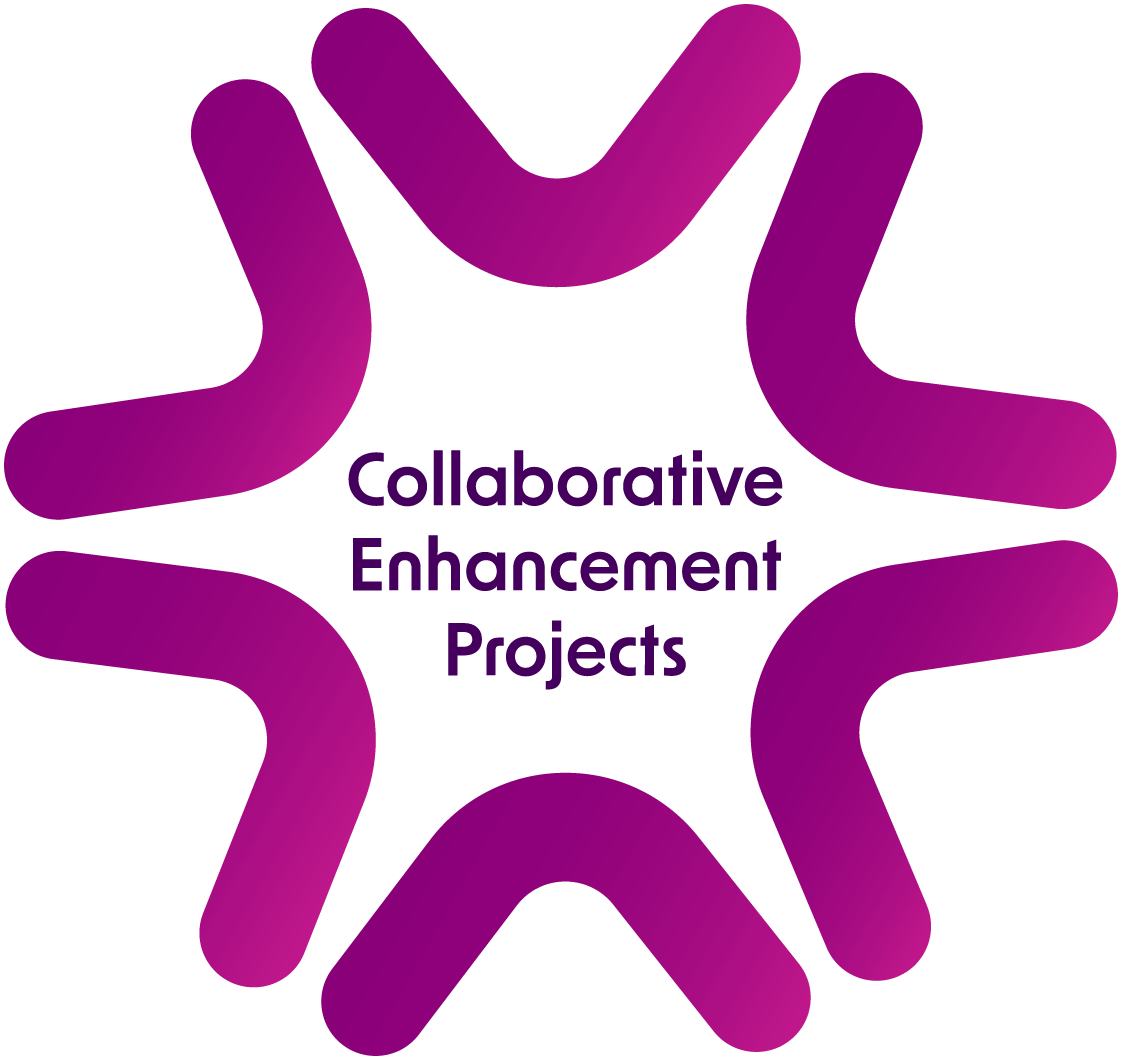
This project aims to redefine Graduate Attributes in a global context for the GenAI era, addressing shifts in graduate job requirements over the past decade. It seeks to emphasise the growing importance of soft skills and high level critical thinking, as graduates adapt to remote work and emerging technologies.
About this project
Within the last ten years, we have seen a significant change in the skills needed for graduate jobs, with a larger focus on the need for soft skills and higher-level critical thinking skills, as graduates begin to work remotely and make use of new technologies.
To foster the attributes required for human-AI collaborative intelligence and better prepare students for global job markets in this new era, Graduate Attributes need to be reconceptualised to reflect the new skills and attributes that are needed to succeed in an environment reshaped by Generative AI.

The project aims to:
- Help advance the understanding of industry expectations regarding hybrid work or collaborative intelligence (human and machines working collaboratively) globally.
- Offer guidance and recommendations to higher education stakeholders for enabling and supporting the effective development of skills and attributes required in this new era as what might be seen as disruptive technologies are introduced into assessments, teaching and learning support.
- Develop a new framework which can be incorporated into existing curriculum design, accommodating the emerging graduate attributes at diverse institutional and country contexts.
Many institutions have their own version of Graduate Attributes. However, there is a lack of a universal framework that can be applied across institutions in a global context. The higher order cognition required for the new AI era is also rarely featured in the existing frameworks. Such a gap has been mentioned briefly in existing CEP projects, such as Artificial Intelligence in the workplace, and the learner-earner journey. Nevertheless, it needs to be explored and addressed in a more comprehensive manner. Building upon the projects above, this project aims to co-create an evidence-based Graduate Attributes framework, guidance and recommendations for use/adaptation by the wider QAA members.
This project involves five institutions and aligns to the ‘good practice in strategic reform’ and ‘enhancing student outcomes’ themes of the CEP scheme. The international contexts are chosen because the countries and regions are viewed as leaders in their response to the changing demands of industry and the skills needed for the evolving business sector. The chosen universities also have an established history of embedding the development of graduate skills/transversal skills within their degree programmes. and comprise of diverse student populations.
The intended project outputs are:
- A universal Graduate Attributes framework that is driven by industry, informed academic knowledge, and students' own expectations. This framework will ensure a holistic and balanced engagement with different stakeholders, in a global context.
- Strategic guidance and recommendations for industry driven curriculum design, based on the proposed framework. This includes learning and teaching approaches, and assessment strategies.
The project will be carried out by core teams at each institution, including the project lead from each partner, student representatives, and academic development or library staff. Student partnership is central, ensuring an authentic student voice. Partners must form diverse teams that represent all stakeholder groups.
Lead institution
Dr Mike O’Dea, Lecturer in Computer Science at the University of York, and Associate Editor - Special Issues, Journal of University Teaching and Learning Practice. Mike specialises in AI and machine learning, and the use of Generative AI and Education Technology in learning and teaching.
Partner institutions
- Dr Mary-Claire Kennedy, University of Limerick
- Dr Davy Tsz Kit Ng, Education University of Hong Kong
- Dr Xianghan (Christine) O'Dea, King's College London
- Dr Katherine Whitehurst, Mary Immaculate College
